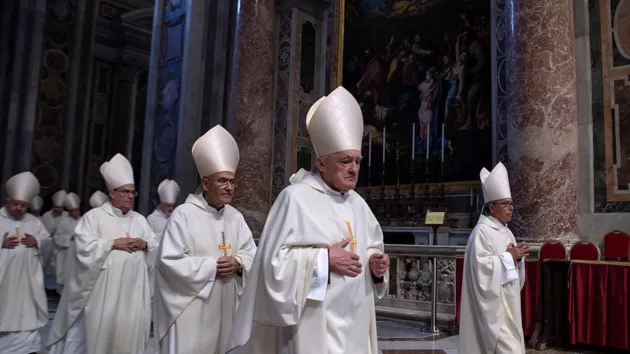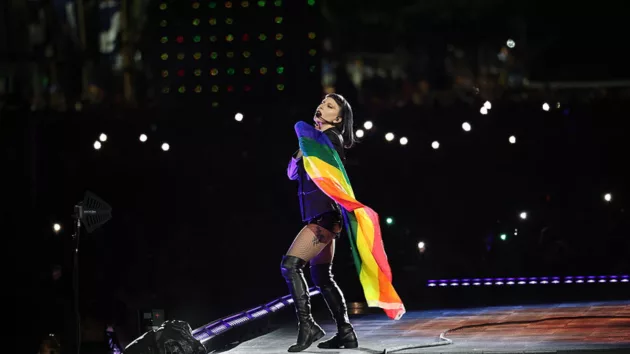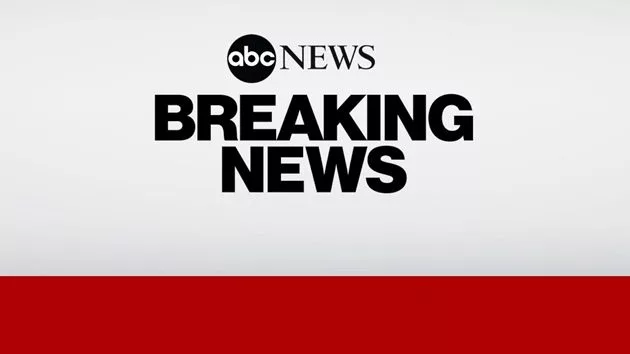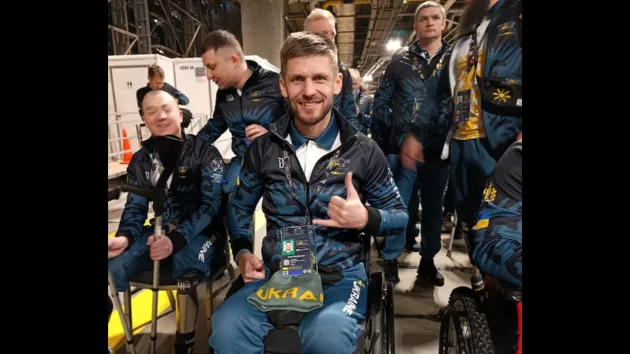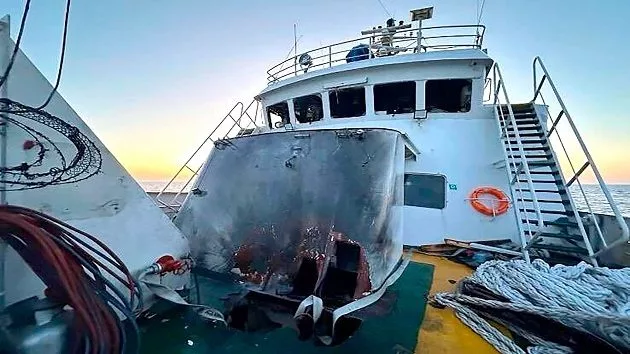(VATICAN CITY) — Two cardinals in the Roman Catholic Church who will be voting in the upcoming papal conclave sat down with ABC News to discuss the challenges facing the church that the new pontiff will have to face and shared glimpses of the election process.
Canadian Cardinal Michael Czerny, who was appointed by Pope Francis in 2019, said the clergymen of the Catholic Church are “united in their task” to select a new pope.
The cardinals, who have been getting to know one another in Rome following the days of Pope Francis’ funeral, are not engaging in any kind of behind-the-scenes debates about issues of the church, Czerny said.
“This is not a political convention. We’re not dealing and wheeling in order to create a consensus. We are entering spiritually, prayerfully, having listened to one another as deeply as we can,” he said.
Czerny declined to say whether he wants a new pope whose views align with those of Francis nor would he discuss possible candidates for the next pontiff, but when asked what the church needs most at this time, he said: “It’s very important that we’re here in 2025, not 12 years ago or not 100 years ago, but now.”
Once elected, Czerny said the new pope will face challenges regarding artificial intelligence, the proliferation of wars and the climate crisis.
“These are all things in which the church is involved because we’re everywhere and these are the things that are affecting people’s lives,” Czerny said.
Cardinal Chibly Langlois, the first and only cardinal from Haiti who was appointed in 2014 by Francis, told ABC News he is looking for a pope who will be able to tackle issues like technology, the sex abuse scandals in the church, interreligious dialogue, along with outreach to young people and isolated communities.
“If we try to understand what awaits the next pope, inside the church, outside the church and around the world, that will help guide the next pope,” Langlois said.
Czerny said members of the clergy are listening to young people who want a more inclusive church, saying “inclusivity is another word for Catholic.”
“It’s part of what the Church is by its nature. And Pope Francis has been very good at opening the doors in the sense that people feel welcome, people feel included there. I’m sure that will continue,” Czerny told ABC News.
Czerny, who said he has not been following the media coverage of the conclave, is urging others to not worry about who the next pope will be.
“Every time there’s a new Holy Father, there’s this certain anxiety or disorientation,” Czerny said. “Right now, it’s a feeling of emptiness, an empty time. So I know there’s reasons maybe to feel a bit anxious, but there’s no reason for anxiety. Pray and be hopeful and when we discover who is the new Holy Father, let’s all rally to help him.”
Overall, Langlois — who did not disclose who he will be voting for during the conclave — said the church “cannot talk about the next pope without talking about the legacy that Pope Francis left us.”
“He opened this workshop of transformation, of transparency when it comes to governance, we’ll have to bear that in mind,” Langlois said. “We must complete what he started.”
The papal conclave will begin on Wednesday, May 7, according to the Vatican.
In total, 133 cardinals will be voting during this conclave, the most electors ever, with 108 of them being appointed by Pope Francis. Ten are from the United States.
Copyright © 2025, ABC Audio. All rights reserved.


